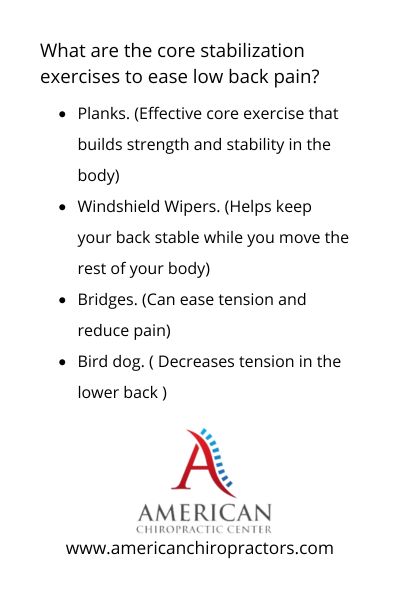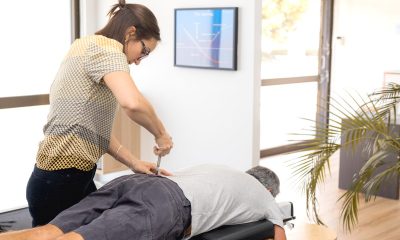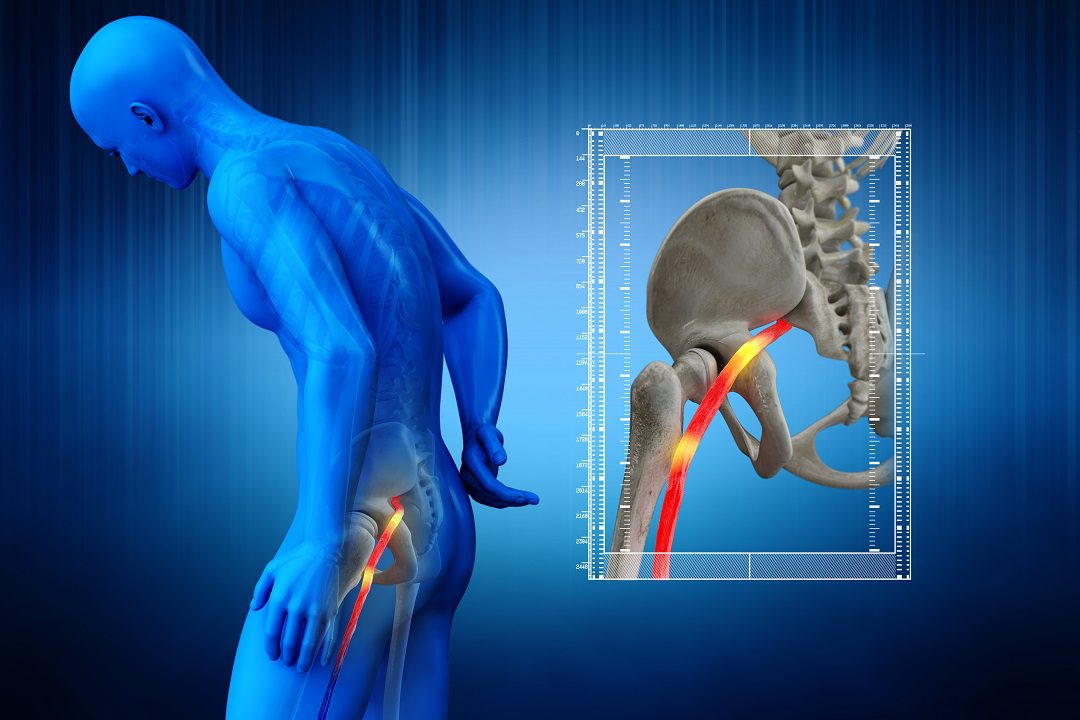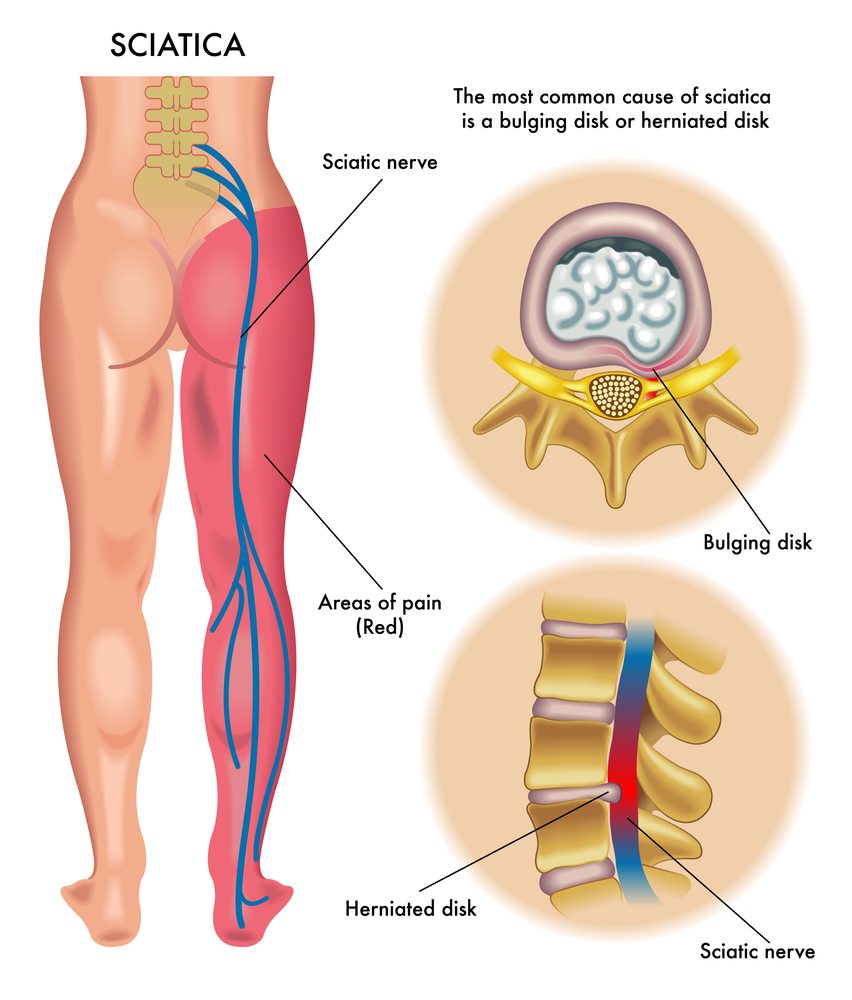Exercise
Are Core Strengthening Exercises Effective for Lower Back Pain Relief?

Are core strengthening exercises effective for lower back pain relief? Many people with lower back pain are asking this question. Desperate for relief, you’ve probably tried everything from painkillers to heat therapy. But have you considered the benefits of core exercises? They can relieve lower back pain. Many people need to pay more attention to this approach. But, it could be the key to a life without chronic discomfort.
Read more about Are Core Strengthening Exercises Effective for Lower Back Pain Relief

We’ll look at the science of core strength training. We’ll see how well they reduce lower back pain. We’ll learn how a strong core with better muscle strength can improve posture. It can steady your spine and ease the strain on your lower back muscles.
More about Are Core Strengthening Exercises Effective for Lower Back Pain Relief

Understanding Lower Back Pain
One common cause of back pain is a lack of core stability. When your core muscles are weak, including the abs and lower back, they strain your spine more. This strain leads to pain. This can also be a factor in chronic pain cases.
Poor posture, too much sitting, and bad lifting can cause lower back pain. Sudden movements can also cause it. Injuries from sports, accidents, or repetitive motions can exacerbate the issue.
Arthritis, herniated discs, and spinal stenosis can cause chronic lower back pain. Addressing these underlying causes can reduce and prevent future episodes of back pain.
Common Symptoms of Lower Back Pain
Experiencing persistent discomfort in your lumbar region can indicate common symptoms associated with lower back pain. Symptoms often include a dull ache, sharp pain, or stiffness in the lower back area. You may also feel tight muscles. You may have limited range of motion or difficulty standing up straight.
Core strength is important. It supports your lower back. Weak muscles can make pain worse. Lower back pain can also spread down one or both legs. It causes tingling or numbness.
If your symptoms persist or worsen, see a healthcare professional. They can give you an accurate diagnosis. They can also give you a treatment plan to improve your core strength and ease lower back pain.
Impact of Lower Back Pain on Daily Life
Simple activities can be excruciating with lower back pain. These include bending to tie your shoes or sitting for long periods.
The constant ache may limit mobility. It makes physical activities and hobbies hard. This limit can lead to frustration. It can even affect your mood and mental well-being.
Adding core exercises to your daily routine can ease some of this discomfort. They do so by strengthening the muscles that support your spine. They also improve your posture. Ultimately, they help you move with less pain and more ease.
Core Strengthening Exercises: An Overview
You need to understand the importance of core strength. It’s key for improving fitness and stopping lower back pain. It focuses on developing your abdomen, back, and pelvis muscles. They work together to support proper posture and stability.
A strong core improves athletic performance. It also reduces the risk of injuries, especially in the lower back. Core strengthening exercises can also improve balance, coordination, and body control.
Core Muscles and Their Functions
The core muscles support the spine, pelvis, and abdomen. They aid in everyday movements and stop lower back pain.
Here are three key core muscles and their functions:
- Rectus Abdominis: This muscle, known as the ‘abs,’ helps flex the spine and stabilize the pelvis.
- Transverse Abdominis: It acts like a natural corset. It gives core stability and supports internal organs.
- Multifidus: These muscles run along the spine, assisting spinal stability and rotational movements.
Types of Core Strengthening Exercises
Core exercises are important. They strengthen the muscles supporting your spine. They can reduce back pain. Some effective types of core exercises include:
- Planks, which target the abdominal muscles, obliques, and lower back. Modifications like keeping knees bent can be helpful for beginners.
- Bird dogs engage the core, glutes, and back muscles simultaneously. Proper form requires maintaining a straight line from head to heel. They help activate the multifidus muscles along the spine. Bird dogs can improve coordination between the left leg and right arm, promoting stability and balance.
- Russian twists are great motor control exercises for strengthening the obliques.
- Bridges work the lower back, glutes, and core muscles with feet flat on the ground. This can also include variations done on one leg for increased challenge. Bridges can also help engage the pelvic floor muscles, benefiting core stability.
Exercises like deadbugs and supermans can help improve core stability. It also reduces the risk of lower back injuries.
The Connection Between Core Strength and Lower Back Pain
Strong core muscle activation supports the lower back, reducing stress and pain. Weak core muscles cause imbalances. These lead to compensation and more strain on the lower back. Targeted core exercises improve strength and stability. They also reduce the risk of back pain.
Role of Core Muscles in Supporting the Lower Back
Core training focuses on the muscles in your abdomen, pelvis, lower back, and hips. These muscles are vital for stabilizing and supporting your spine. These muscles work together to maintain proper posture, alignment, and movement patterns. They reduce the strain on your lower back.
A strong core helps spread the load across your body during daily activities. This prevents too much stress on your lower back muscles. Targeted exercises can strengthen your core muscles. This can improve your stability and reduce your risk of back pain. It will help you move more easily and comfortably.
How Weak Core Muscles Contribute to Lower Back Pain?
Weak core muscles make other muscles compensate. This causes imbalances and strain on your lower back.
Core strengthening exercises are vital in addressing this issue. You can improve your core strength by doing exercises that target your core muscles. Examples include planks, bridges, and bird dogs. This, in turn, helps relieve pressure on your lower back and reduces the risk of experiencing pain.
Evidence Supporting Core Strengthening for Lower Back Pain Relief
Systematic reviews of research suggest that core exercises work well. They can alleviate back pain. Experts also provide support, including core exercises. They improve back health.
Understanding the evidence behind these recommendations can help people make informed decisions. They can use the evidence to decide. It will show if they should add core exercises to their routines for better back health.
Expert Opinions and Recommendations
These exercises target the muscles around the spine. They improve stability and motor control, which prevents injury and reduces pain. Core strengthening exercises relieve lower back pain in the control group. Here is a breakdown of the benefits:
| Benefits of Core Strengthening Exercises | |
|---|---|
| Improves stability around the spine | |
| Improves motor control for injury prevention | |
| Reduces lower back pain intensity | |
| Supports spine health |
Core Strengthening Exercises for Lower Back Pain Relief
Strengthen your core with effective exercises. Follow safety measures and maintain proper form. Add these exercises to your daily routine. They provide lasting relief and improved back health.
Detailed Description of Effective Exercises
These exercises, like planks and bird dogs, are highly effective. They strengthen the core. They include bridges and Russian twists.
Planks engage your entire core, including the transverse abdominal and obliques. Bird dogs help improve stability by engaging the lower back muscles and abdominals. Bridges target the glutes and lower back, aiding in core strength. Russian twists engage the obliques and help improve rotational stability.
Adding these exercises to your routine will strengthen your core muscles. This will help relieve back pain. Remember to maintain proper form and gradually increase intensity for best results.
Safety Measures and Precautions While Performing These Exercises
When doing core exercises for lower back pain relief, prioritize safety. Pay close attention to your form. Avoid sudden, jerky movements that may strain your muscles.
Proper form is key to preventing injuries. It also maximizes exercise effectiveness. Remember to use your core muscles during the movements. Avoid arching or rounding your back.
Start slowly and gradually increase the intensity of the exercises as your strength improves. Listen to your body and stop if you experience sharp pain or discomfort.
It’s also good to consult a healthcare professional. This could be a certified trainer or physical therapist. Do this before starting any new core exercises. This is especially important if you have back issues or medical conditions.
How to Incorporate These Exercises into Daily Routine?
Start by setting aside a specific time each day, even if it’s just 10-15 minutes, to focus on these exercises.
You can start with simple moves. These include plank variations, bird dogs, or bridges. As your core strength improves, you can move on to harder exercises.
It’s important to listen to your body. Take your time, especially if you’re just starting.
Consistency is key, so try to make these exercises a regular part of your daily routine.
Potential Risks and Limitations of Core Strengthening Exercises
Knowing the potential risks before starting any core strengthening exercise is important. You must understand the limits. Knowing this is key to preventing injury. Also, it shows who should avoid these exercises.
Possible Risks Associated with Core Strengthening Exercises
It’s important to be aware of these exercises’ potential risks and limitations. Improper form or excessive intensity can cause muscle strains or injuries, particularly in the lower back. It’s important to progress slowly in difficult situations. Also, prioritize proper injury prevention techniques.
People with medical conditions like herniated discs or osteoporosis should seek advice from a healthcare provider. They should do this before starting a core strengthening routine. This will help them avoid worsening their condition. Individuals can safely and effectively add core strengthening exercises to their fitness routine. They can do this by understanding and addressing these risks.
Limitations and Who Should Avoid These Exercises
While core exercises can benefit many, they may only suit some. Some limits apply. They affect people with existing back conditions, like herniated discs or spinal stenosis. Certain core exercises could make these conditions worse.
Pregnant women should also be cautious with some core exercises. This is especially true for exercises that involve lying on the back. If you have uncontrolled high blood pressure or a history of heart conditions, then some intense core exercises may not be recommended. These include heavy lifting or straining movements.
Always ask a healthcare provider before starting a new exercise plan. They can tell you if it’s safe.
Alternative Treatments for Lower Back Pain
Find alternative treatments for lower back pain beyond core strengthening exercises. Consider non-surgical options for relief.
Other Non-Surgical Treatments for Lower Back Pain
Physical therapy is widely recommended. It improves the affected area’s strength, flexibility, and function. Physical therapy can help by using targeted exercises and manual techniques. It can reduce pain, restore mobility, and prevent future injuries.
Chiropractic care offers another non-surgical option for back pain relief. Chiropractors use spinal adjustments and manipulations to realign the spine. This reduces nerve irritability and improves physical function.
Acupuncture is rooted in traditional Chinese medicine. It has also shown promise in alleviating back pain. It stimulates specific points in the body to promote natural healing mechanisms.
When to Consider Surgical Options?
Consider exploring surgery for chronic back pain. Do this when other treatments haven’t brought enough relief or improvement. Chronic low back pain can affect your quality of life. It limits mobility and causes persistent discomfort.
Conservative measures, like physical therapy, medication, or injections, have not worked. So, surgical interventions may be worth considering. Surgery for chronic low back pain aims to fix the underlying issues causing your discomfort. These issues include herniated discs, spinal stenosis, or degenerative disc disease.
Consult a qualified healthcare provider who specializes in spine care. They will evaluate if surgery is an option for your specific condition and symptoms.
Frequently Asked Questions
Can Core Strengthening Exercises Worsen Lower Back Pain if Done Incorrectly?
If done incorrectly, core strengthening exercises can worsen back pain. Proper form and technique are required to avoid strain. Consult a professional to ensure you perform these exercises safely and effectively.
Are There Specific Core Strengthening Exercises More Effective for Lower Back Pain Relief Than Others?
Look for effective core exercises to relieve back pain. Focus on moves that target many muscles. Planks, bird dogs, and bridges are great options. Consistency and proper form are key to seeing results.
How Long Does It Typically Take to See Results From Core Strengthening Exercises for Lower Back Pain Relief?
You will typically notice improvements from core strengthening exercises. They relieve back pain within weeks. Consistent practice is key. Listen to your body, gradually increase intensity, and consult a healthcare professional.
Are There Any Specific Populations or Conditions for Which Core Strengthening Exercises May Not Be Recommended for Lower Back Pain Relief?
For some individuals with certain medical conditions like severe osteoporosis or herniated discs, core strengthening exercises may not be recommended for lower back pain relief. Consult a healthcare professional to determine the best course of action.
Are There Any Long-Term Effects of Regularly Performing Core Strengthening Exercises for Relief of Lower Back Pain?
Regular core strengthening exercises can have long-term benefits for lower back pain relief. These exercises help improve stability, reduce back strain, and prevent future injuries. Consistency is key for lasting results.
























